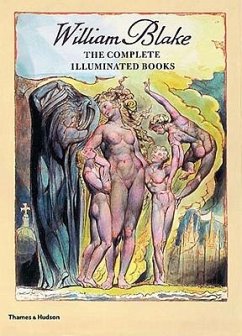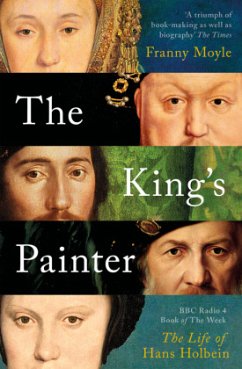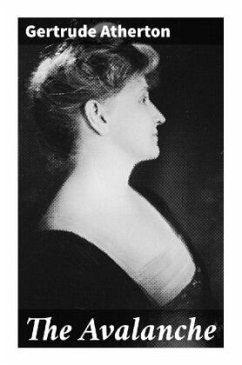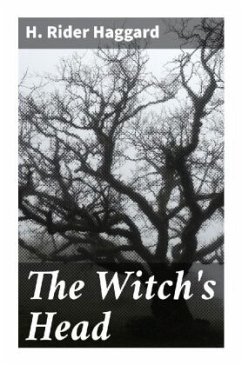
Prose Edda
Versandkostenfrei!
Versandfertig in 6-10 Tagen
6,99 €
inkl. MwSt.
Weitere Ausgaben:

PAYBACK Punkte
3 °P sammeln!
In the Prose Edda, Snorri Sturluson masterfully weaves together myth and history, presenting a foundational text of Norse mythology that serves as both an educational resource and a literary triumph. Comprising three books-Gylfaginning, Skáldskaparmál, and Háttatal-the work provides a rich tapestry of narratives, blending the ancient tales of the gods and heroes with intricate discussions of poetic forms and techniques. Sturluson's prose is characterized by its clarity and elegance, making complex mythological themes accessible to readers while also preserving their depth and nuance. Writte...
In the Prose Edda, Snorri Sturluson masterfully weaves together myth and history, presenting a foundational text of Norse mythology that serves as both an educational resource and a literary triumph. Comprising three books-Gylfaginning, Skáldskaparmál, and Háttatal-the work provides a rich tapestry of narratives, blending the ancient tales of the gods and heroes with intricate discussions of poetic forms and techniques. Sturluson's prose is characterized by its clarity and elegance, making complex mythological themes accessible to readers while also preserving their depth and nuance. Written in the 13th century, the Prose Edda stands as a critical bridge between the Viking Age and the medieval period, reflecting the tensions of a culture transitioning towards Christianity while yearning to understand its pagan roots. Snorri Sturluson, a 13th-century Icelandic historian, politician, and poet, drew from personal experiences and the oral traditions of his ancestors to compose this medieval masterpiece. As a member of the influential Sturlungar clan, Sturluson's engagement with power dynamics and cultural identity profoundly influenced his writings. His ambition to record and preserve Norse heritage against the backdrop of a rapidly changing world motivated the creation of this seminal text, recognizing the importance of myth in shaping societal values. The Prose Edda is essential for anyone interested in understanding Norse mythology's intricate narratives and their cultural significance. This book will captivate scholars, students, and general readers alike, inviting them into a universe filled with gods, giants, and heroic quests. By delving into Sturluson's work, readers gain insight into the values, beliefs, and literary traditions of a pivotal period in Northern European history.













